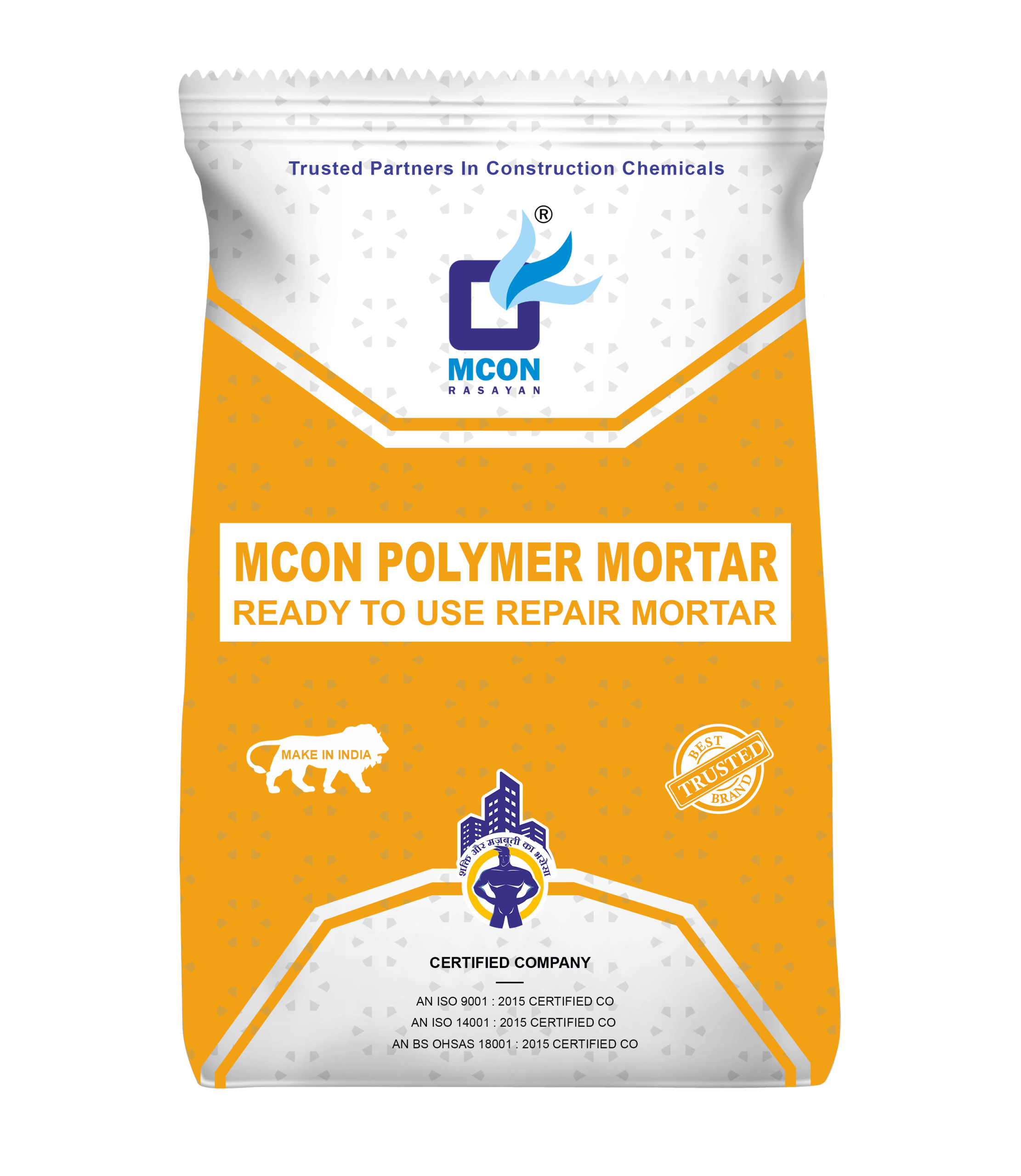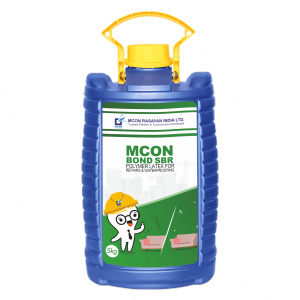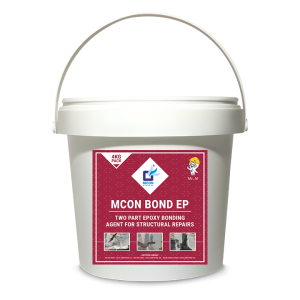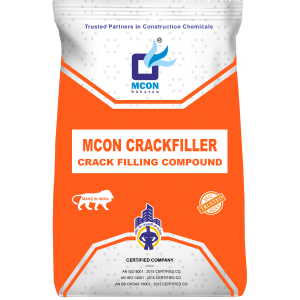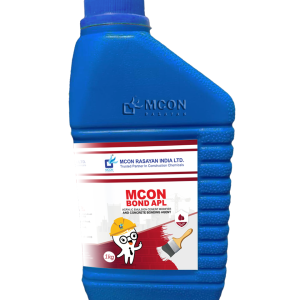Description
POLYMER MORTAR is a general purpose non-shrink, cementitious, trowel applied single pack repair mortar for repairs to Concrete sections and Plastered surfaces.
POLYMER MORTAR is composed of good quality cement, properly selected aggregates & additives. It is used & designed for repairing of damaged reinforced concrete elements like columns, beams & structure
Areas of Application
Any General Concrete Repairs areas such as –
- Ceiling surfaces, Wall plaster, facade, etc.
- Concrete substrates
- Patch and Repair Mortars: Grouts for repairing cracks and de-lamination of concrete structures such as sidewalks, driveways, and walls. New mortar will not stick well to old concrete without polymer modification.
Typical Properties
- Nature: Cementitious grey powder
- Chloride Content: Nil
- Depth of Carbonation: Nil
- Wet Density: 2250 kg/m3 giving a yield of 13l/25 kgs bag at flowable consistency(W/P = 0.16)
- Flexural Strength: @28 days 25℃ 10 N/mm2
- Compressive Strength: @28 days 25℃ 55 N/mm2
- Setting Time: At 20℃ and 0.13 water to powder ratio (flow consistency).
- Initial set: 6 hours 00 minutes
- Final set: 8 hours 15 minutes
- Alkali content: The presence of non-alkali reactive aggregates ensures its resistance to future expansive reactions and deterioration.
- Bond Strength: The typical shear bond strength at water powder ratio of 0.13 at 20℃ without any bonding agent is 68 N/mm2 at 28 days.
 08976907887
08976907887  sales@mconrasayan.com
sales@mconrasayan.com 



